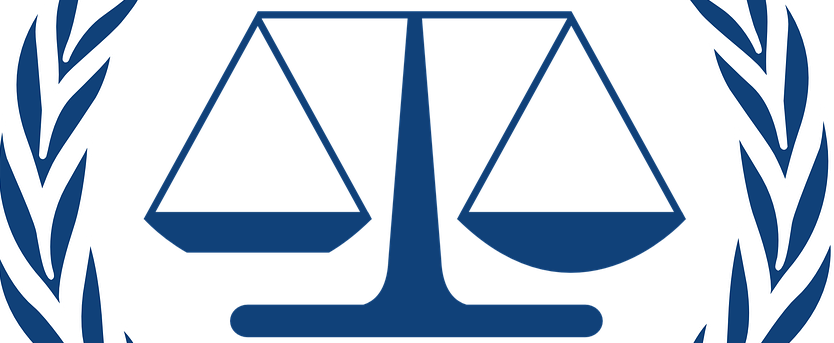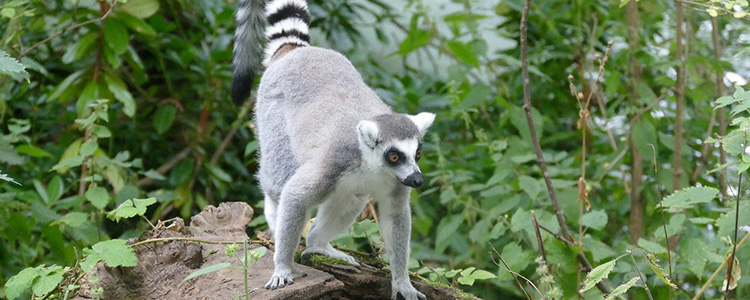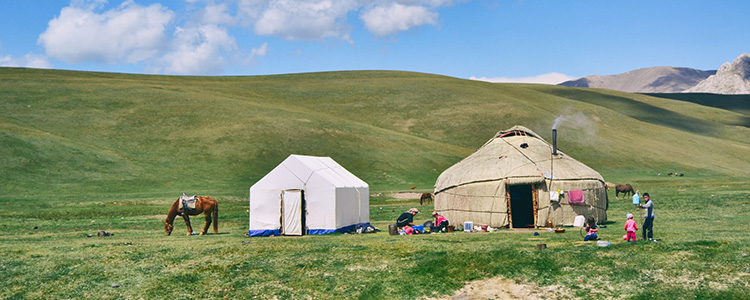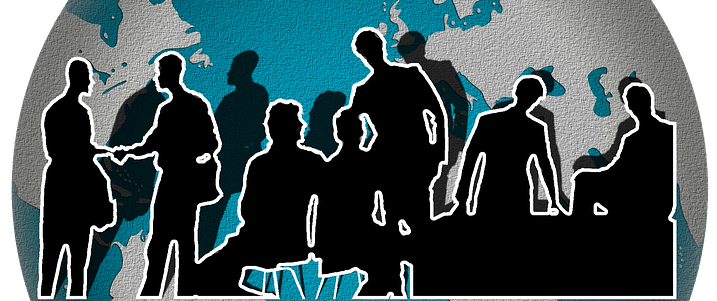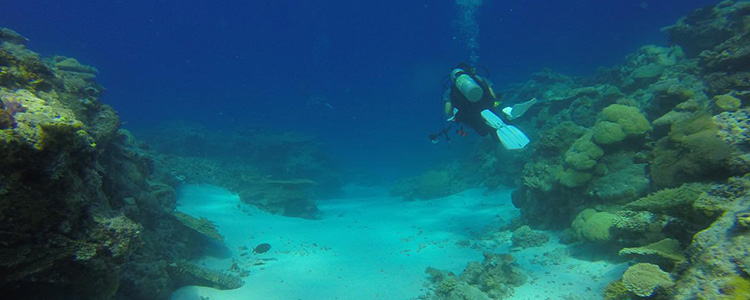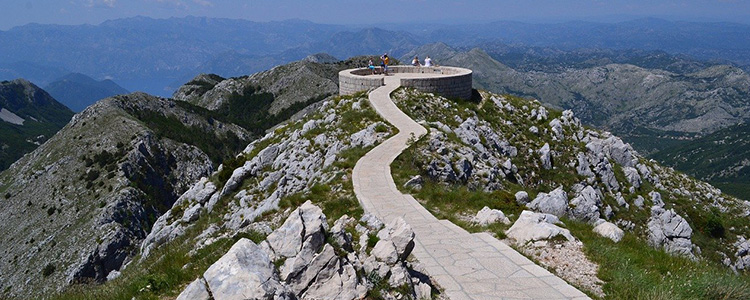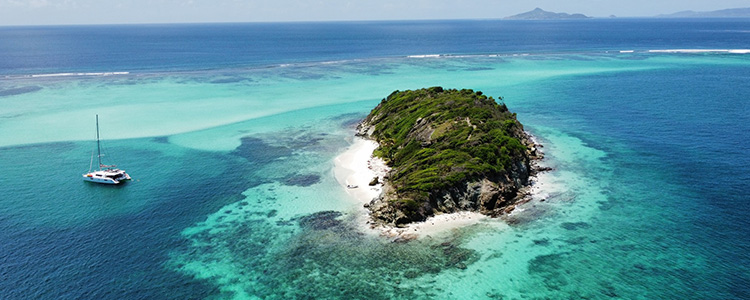Kenya Country Bundle: suggestions, stories and tips
Main content about Kenya on WorldSupporter
 Kenya: Updates & Travel
Kenya: Updates & Travel
Travel in Kenya?
- Kenya, also known as the 'cradle of mankind', is a beautiful collection of African tribes, game reserves, palm beaches and Swahili villages. The name Kenya means something like 'the place of the ostrich', so called because the snow on Mount Kenya resembles the white feathers of an ostrich. Although Kenya has already been discovered by tourism, it is still worth it. The game parks in particular are absolutely top class.
- See the Big Five of Africa (the lion, leopard, elephant, rhinoceros and the buffalo) in one of the many game parks.
- You can rent a 'dhow' (traditional Kenyan sailing boat) and go sailing.
- Fly in a hot air balloon over the Masai Mara National Reserve.
- Go climbing Mount Kenya.
- Wander through one of the Swahili towns.
- Lamu is an island off the coast of Kenya. It is a seven hour drive north from Mombasa and on the island of Lamu lies the oldest city in Kenya, also called Lamu. Due to the relaxed atmosphere on the island, many travellers come here to relax on the beach.
- Mombasa is a beautiful Arabian port city on the coast.
- Tsavo National Park is the largest nature park in Kenya with 21,000 square kilometres of nature.
- Lake Victoria: With its beautiful nature and interesting islands.
- Be aware that Kenya isn't very safe.
- Be prepared the cars drive on the left.
Updates Kenya
- Before arrival to Kenya: check the latest news regarding the rules and fines regarding the ban on plastic bags. The use of plastic bags can lead in Kenya to significant penalties.
- More about Kenya, updates and contributions, see the link below.
 What are typical Kenyan habits, food customs, recipes and philosophies in Kenya?
What are typical Kenyan habits, food customs, recipes and philosophies in Kenya?
What are the customs in Kenya regarding food?
- Because of the many different tribes and groups of people from Asia and Arab countries, among others, Kenya has a very diverse cuisine. For example, the Massai, pastoralists, eat a lot of meat and drink a lot of milk while the peoples living around Lake Queen Victoria eat mostly fish. Most meals in Kenya consist of ugali or potatoes accompanied by meat or fish and lots of vegetables.
What are the best recipes in Kenya?
- Ugali which is a mixture of water, milk and corn flour.
- Mandazi are a type of doughnut that many Kenyans absolutely love.
- Kachumbari is spicy tomato sauce with meat.
What are the best drinks in Kenya?
- Tea is served British-style with lots of sugar and milk.
- Kenyans like warm beer.
- Try to avoid locally distilled alcoholic beverages such as Busaa and Changaa. These drinks have caused a fair number of deaths due to the unsanitary conditions under which they are made.
- Ginger Ale from Tangawizi is a locally brewed drink enjoyed by many Kenyans.
What are notable holidays and festivals in Kenya?
- Kenyatta Day is on October 20. The holiday of Kenya's first president, Jomo Kenyatta, is celebrated with parades throughout the country.
- Jahmuri Day, or Independence Day, is celebrated on Dec. 12. In 1963 Kenya gained independence from England and in 1964 on this day Kenya became part of the Commonwealth. There are throughout the country, speeches, parades and celebrations with dancing and music.
What are the remarkable habits in Kenya?
- Cultural customs: there are a huge number of cultures to be found in Kenya, and people identify strongly with their own ethnic group and its customs. Yet there is also a strong sense of national identity. General values found in Kenya are caring for neighbors and loved ones, strong family ties and modesty.
- Social norms & mutual communication: greetings are important in both business and personal conversations, titles and formal forms of address are used to show respect, and non-verbal communication plays a big role!
- Etiquettes & traditions: think politeness, respect, shaking hands with a slight head bow, hospitality towards guests, wearing traditional clothing on special occasions. Color and patterns may also be important here.
- Eating and drinking habits: Meals are consumed together and it is polite to wait for the elder or host to start eating. Many Kenyans eat with their hands in the process.
What are some Kenian wisdoms and proverbs?
"Do not mistake a rained on lion for a cat."
even if someone does not feel like hunting he can still kill
"Wisdom is like a baobab tree; no one individual can embrace it."
wisdom is vast and collective; it requires the contributions of many to fully understand
"The strength of the crocodile is in the water."
You are stronger in your environment than anywhere else
"One who is not disciplined by their mother will be disciplined by the world’
If you are not taught at home, then you will learn it the hard way
 How does the healthcare system work in Kenya, and what travel insurance, health insurance or expat insurance do you need?
How does the healthcare system work in Kenya, and what travel insurance, health insurance or expat insurance do you need?
- How does the health and healthcare system work in Kenya?
- How does the public healthcare system work in Kenya?
- How does the private healthcare system work in Kenya?
- How is the general practitioner arranged in Kenya?
- How is the dentist arranged in Kenya?
- How is the pregnancy care arranged in Kenya?
- How safe or unsafe is a trip or stay in Kenya?
- Which work and travel insurance policies are suitable for short and long stays in Kenya?
- What emigration and expat insurance can you take out for Kenya if you are going to live there for a while?
How does the health and healthcare system work in Kenya?
- Kenya's healthcare system is evolving, and while the quality of care in urban areas is reasonable, challenges remain in rural areas. For many emigrants, care is not of sufficient quality.
- As an emigrant, you can access both public, and private healthcare options.
- The best care can be found at private institutions, especially in large cities such as Nairobi and Mombasa.
- For some treatments, expats go abroad (for example, to South Africa). To cover this type of medical evacuation, good private health insurance is very important.
- KEMSA (Kenya Medical Supplies Authority) is the government organization that runs pharmacies throughout the country. You can go to these kinds of pharmacies for basic care, which is often given by nurses.
- Can't the nurses help you? Then you are referred to a medical center. And again, can't they help you there? Then you go to the hospital. Usually, however, foreigners do not use this public system because they can get better and faster care at private clinics.
- In Kenya, you have to be careful with fake medication. It's better to go to a large pharmacy affiliated with a hospital, rather than one of the many cheaper pharmacies you see all along the road.
- Call 999 for emergency services in Kenya
How does the public healthcare system work in Kenya?
- Public healthcare is largely administered by the National Health Insurance Fund (NHIF), to which residents (including emigrants with work visas) pay a contribution.
- For NHIF participants, basic care is inexpensive or even free. However, for more complex treatments, patients sometimes have to pay extra or switch to private care.
- Quality in public hospitals varies. In urban areas such as Nairobi, there are reasonable facilities, but rural areas can lack basic services and medicines.
- English is often the language of communication in public hospitals.
How does the private healthcare system work in Kenya?
- Private healthcare in Kenya is generally of high quality and popular among people moving to Kenya. Private clinics and hospitals such as Aga Khan University Hospital and Nairobi Hospital offer advanced treatments and shorter waiting times.
- Private care is significantly more expensive than public care, so proper insurance is very important.
- Expats often choose private care because of better facilities, reliability and faster treatment.
How is the general practitioner arranged in Kenya?
- There are general practitioners in Kenya, but not many. The best chance you have is with private medical facilities.
- Be aware that there are also many doctors who are focused on money - which can lead to unnecessary tests and procedures and avoiding referring patients when it is actually medically necessary.
How is the dentist arranged in Kenya?
- Dental care is offered mainly through private practices, although public hospitals sometimes provide basic services.
- Dental care in Kenya is generally of good quality, especially in urban private clinics.
How is the pregnancy care arranged in Kenya?
- Most expectant mothers opt for private health care with English-speaking doctors. Your best bet is to talk to other expats, or check forums to find a good doctor for your pregnancy.
- You will generally find the best doctors and facilities in Nairobi.
- In private hospitals and clinics, prenatal care is comparable to the West. In public institutions, facilities and care are often limited.
- Most deliveries take place in hospitals. Home births occur in rural areas, but this often carries more risks.
- Cesarean sections are fairly common in private hospitals in Kenya. So discuss your wishes carefully with your doctor.
- Although maternal and infant mortality rates are declining in urban areas, they remain high in remote areas because of limited access to care.
- Breastfeeding is the norm in Kenya and it happens everywhere in public.
How safe or unsafe is a trip or stay in Kenya?
What should you pay attention to in terms of safety in Kenya?
- Petty crime, such as pickpocketing, is common in urban areas.
- Violent crime is common, especially in certain neighborhoods of Nairobi and Mombasa. So don't walk the streets alone in remote areas.
- Not even in daylight!
- Be vigilant with your belongings, avoid using cabs on the streets (use apps like Bolt or Uber), and don't go out alone after sunset.
- Political protests and election periods can lead to unrest. So be careful during these types of events and keep an eye on the security advisories!
- There is also a chance of terrorist attacks, including at tourist and entertainment spots.
- Kidnapping with a terrorist motive also occurs, especially on the border with Somalia and in coastal areas.
- Beware of scams involving fake police officers or security guards. This makes it easy for them to steal your belongings.
What should you look out for in terms of diseases in Kenya?
- There are several diseases that pose health risks, including malaria, dengue and yellow fever.
- In higher altitude areas, such as Mount Kenya, you are also at risk of altitude sickness. In addition, heat can be a problem.
- It is better to avoid tap water.
What should you pay attention to in terms of traffic in Kenya?
- In urban areas, roads are reasonably well maintained, but in rural areas they can be poor, especially during the rainy season.
- Traffic in Kenya can be chaotic, with little respect for traffic rules. Driving after sunset is not recommended due to poorly lit roads and robberies. There is also a higher risk of car robberies on Airport South Road and Jogoo Road, among others.
- Matatu (minivans) and boda-bodas (motorcycle cabs) are popular but notoriously unsafe.
- Rather, use cab apps or private drivers.
- Domestic flights are an efficient and safe way to travel longer distances.
Which work and travel insurance policies are suitable for short and long stays in Kenya?
- Is the trip to Kenya and your return sufficiently covered? Are you sufficiently covered before, during and after your activities? Which insurance best suits your trip and your activity? Read more about insurances for abroad on JoHoinsurances.org.
What emigration and expat insurance can you take out for Kenya if you are going to live there for a while?
- While it is not mandatory to have your own health insurance, it is highly recommended. Medical costs can be high because it can be almost as expensive as in the West and sometimes emergency care or medical evacuation is required. Read more about insurances for abroad on Expatinsurances.org.
 Packing list for Kenya, travel insurance for Kenya, and taking your belongings
Packing list for Kenya, travel insurance for Kenya, and taking your belongings
To pack and bring to Kenya
- What to take with you to Kenya: spotlighted
- What should you keep in mind when traveling to Kenya with your belongings?
- Are there mosquitoes in Kenya?
- Are there sandflies in Kenya?
- Can you buy DEET, or other mosquito repellents, in Kenya?
- Can you buy a joint or weed in Kenya, or take it with you to Kenya?
What to take with you to Kenya: spotlighted
Featured items:
- Documents: Make sure your passport is valid for at least 6 months upon arrival. Also bring a physical and digital copy.
- Money: Kenyan Shillings (KES) for initial expenses and a debit/credit card for the cities.
- Care: sunscreen with a high factor as the sun can be very intense.
- Outdoor and practical: hat and good sunglasses. A lightweight raincoat for the rainy seasons.
- Clothing: light and breathable clothing made of cotton and linen are best. Covering clothing also protects against the sun and insects (more about clothing for when it is warm). Neutral coloured clothing for safaris. For the evenings, early mornings or higher areas, a sweater or cardigan is recommended, with perhaps even a hat. Swimwear for the beach.
- Shoes: comfortable walking shoes or sneakers for safaris, sturdy walking shoes if you are really going into the bush. Sandals or flip-flops for beach visits.
- Medicines and travel kit: a small first aid kit with plasters, painkillers, stomach and intestinal remedies, hand sanitizer and ORS. Mosquito repellent is also essential (see also DEET mosquito repellent).
- Technique and equipment: world plug with type G (see also world plug or travel plug) because otherwise the fun will soon be over.
What are some other options for packing as well?
- Reusable water bottle because hydration is important; a bottle with a filter is useful because tap water is usually not drinkable.
- An evening outfit for your dinners and bar visits.
- Binoculars for spotting wildlife (more about taking mini binoculars or monoculars).
- Quick-drying travel towel.
- E-reader or offline entertainment for your safari adventures.
- Headlamp or flashlight for camping.
- International driving license and credit card, if you want to rent a car.
What should you keep in mind when traveling to Kenya with your belongings?
- The activities you are going to undertake.
- What season it is and whether you can expect rain or extreme heat.
- Cultural expectations regarding clothing.
Are there mosquitoes in Kenya?
- Mosquitoes are found throughout Kenya, especially in areas below 2,500 meters altitude, and are no fun!
- They can transmit diseases such as malaria and this risk is quite high. The coastal area around Lake Victoria in particular is a notorious hotspot.
- Mosquitoes are active in the evening and at night.
- You can protect yourself with covering clothing and your preferred mosquito repellent.
Are there sandflies in Kenya?
- Sand flies are a problem in Kenya, but not everywhere.
- The sand flies can transmit leishmaniasis.
- Sand flies are most active around sunrise and sunset.
- Covering yourself up and using mosquito repellent helps.
Can you buy DEET, or other mosquito repellents, in Kenya?
- In larger cities such as Nairobi and Mombasa, insect repellents containing DEET are available at pharmacies and supermarkets.
- Products such as Trek Mosquito Repellent Spray with 50% DEET can be purchased locally.
- The range of mosquito reppelents is probably a lot smaller and at the same time a lot more expensive.
Can you buy a joint or weed in Kenya, or take it with you to Kenya?
- Cannabis has a long history and is still very popular in Kenya, but it is also very illegal!
- So you may well encounter people who light up a joint, but know that using Cannabis can result in a long prison sentence and high fines.
- Taking it with you is, of course, also completely taboo.



 Kenya
Kenya































